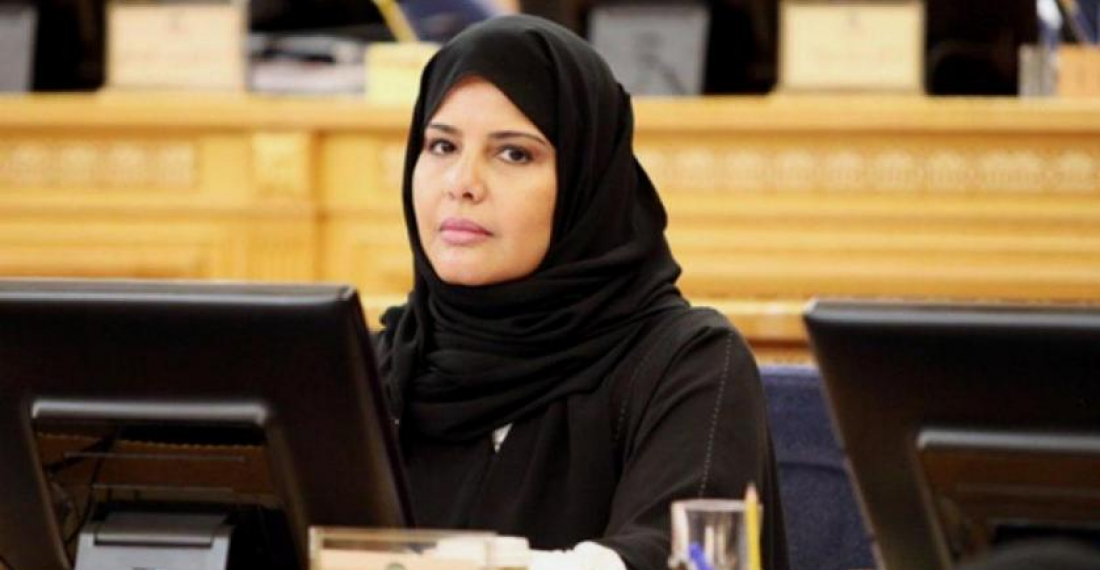Assistant President of the Saudi Arabian Shura Council, Dr Hanan Al Ahmadi, made history on Wednesday by becoming the first woman to chair a session of the body. The Shura Council is the formal advisory body of the Kingdom of Saudi Arabia. It has no executive power.
Dr Al Ahmadi presided over its sixth session, held online, in the absence of council president Sheikh Abdullah Al Sheikh and Vice President Dr Mishaal Al Sulami, in accordance with Article 6 of the Shura Council bylaw.
King Salman issued a royal order appointing Dr Al Ahmadi, an academic who specialises in economics and health management, as as Assistant President of the Shura Council, in October.
Dr Al Ahmadi is the first Saudi woman to hold a top leadership position in the council and became one of the first women appointed to it seven years ago.
Dr Faisal Al Fadel, a member of the Shura Council, said that Dr Al Ahmadi chairing the session was a historic event.
He added that the appointment was part of the kingdom’s Vision 2030 and realisation of one of its most important goals, which includes empowering women and investing in their capabilities.
Shahd Alghamdi, a law student in Riyadh, commented on the milestone.
When our King appointed Dr Hanan in a top position never held by a woman before, it felt empowering and has many young girls dreaming... Now that we know we can achieve milestones, we want to pursue them and work harder to make our families and country proud."
Dr Al Ahmadi is a member of the board of trustees of the Riyadh Economic Forum, the editorial board of the Journal of Public Administration and the Scientific Council of IPA, and a board member of the Saudi Management Association.







